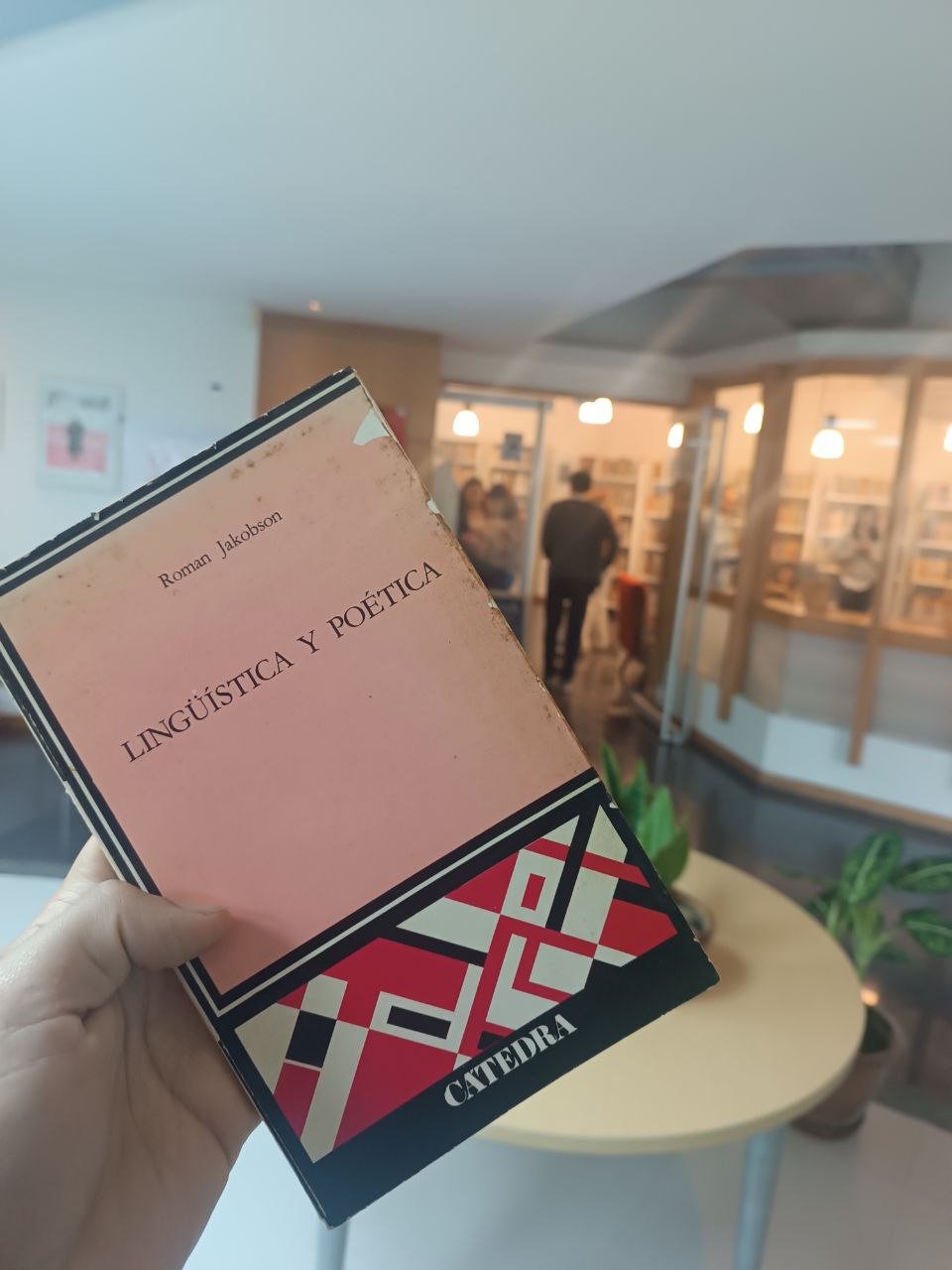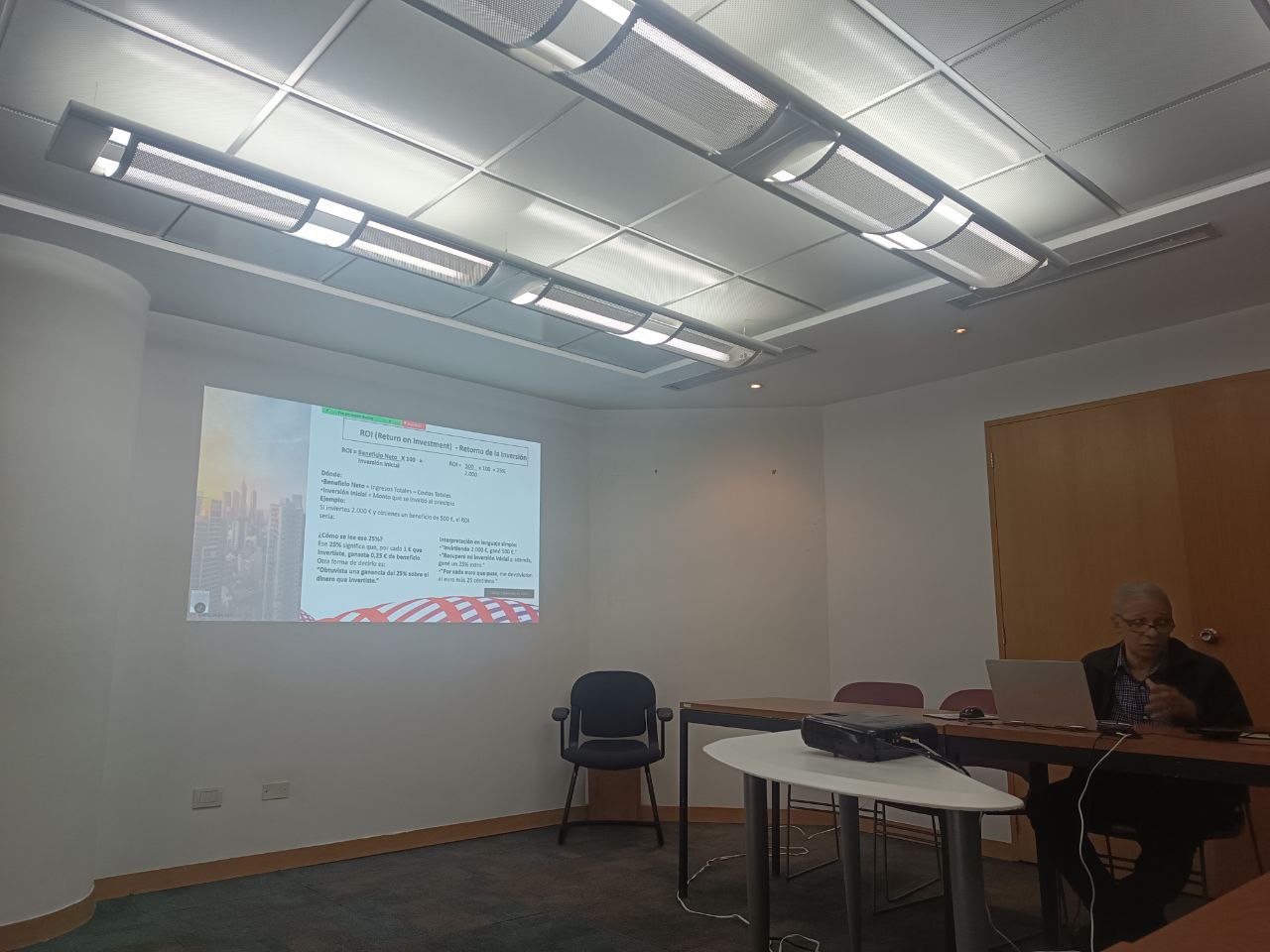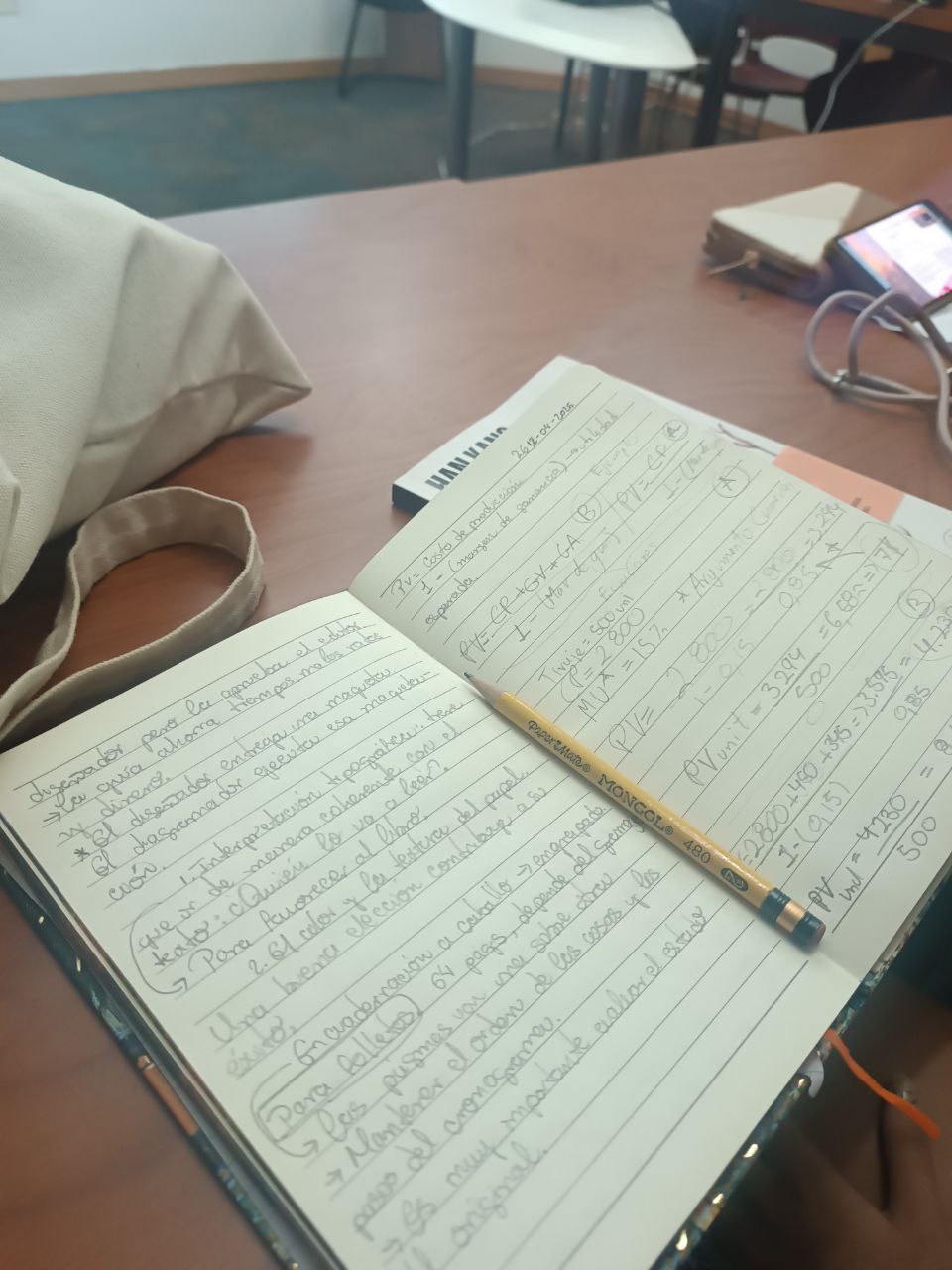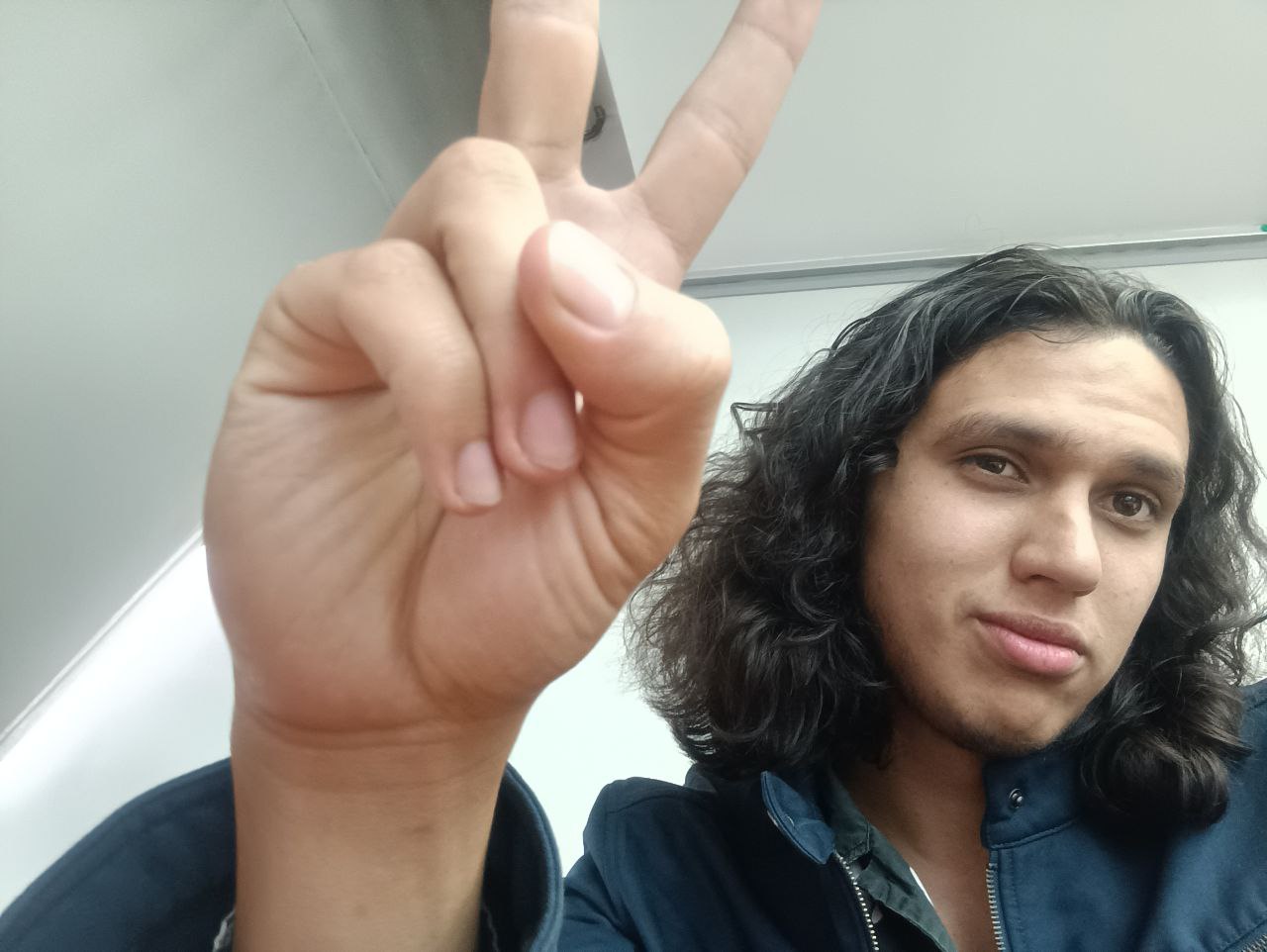
Español
Buenas esperanzas compañeros de la colmena. Quiero contarles un poco sobre mi proceso de formación en edición, a partir de este diplomado que llevo cursando cerca de cuatro meses y es coordinado por la Cámara venezolana del libro y la Universidad Central de Venezuela, muchas oportunidades en torno a la escritura se han presentado y mi participación en la colmena no es la excepción. Como les comenté en una publicación previa estamos trabajando en crear guías de estilo para la comunidad de Bellas Artes y todo lo que el diplomado me ha brindado es la pieza angular de este proyecto.
En la última clase estuvimos hablando sobre presupuestos para libros físicos y digitales, surgió así un debate a partir de las experiencias y opiniones de varios de los participantes, pues estuvimos reflexionado cuál podría ser un precio adecuado a la realidad de la lectura en nuestro país. A parte de esto también tuve oportunidad de conversar largamente con mi tutora, esto dado que para egresar del diplomado debemos presentar un proyecto de edición, básicamente algún formato de producción editorial (libros nuevos, reediciones, manuales de estilo, ediciones digitales, entre otros) vinculado al mundo de los libros.
El caso particular de mi proyecto está, como podrán sospechar, vinculado a la poesía, pero también a la lingüística. De forma sencilla podemos comprender a la lingüística como "la ciencia del lenguaje", lo cual, en cierto modo, se queda corto, pero es una buena aproximación. Por otro lado, la poética, esa área del arte verbal como diría el gran autor Jakobson, es la aproximación que busca comprender la gran diferencia de la obra de arte verbal a todas las otras formas verbales y de obras de arte. Este breve contexto que les ofrezco es para poder comentarles como mi proyecto busca mostrar el gran vínculo, casi inseparable, que existe entre estos dos saberes, y quiero mostrar la importancia y la riqueza de ambas formas de saber como motores de la creación literaria.
Entre otras experiencias, el diplomado se desarrolla en simultáneo tanto presencial como virtualmente, esto nos permite conectar con compañeros en el interior y el exterior del país, así como que los profesores también puedan conectarse desde cualquier lugar del mundo. Ya hemos hablando con profesores que están en España, Argentina e incluso tuvimos la gran oportunidad de conversar con un asesor literario norteamericano.
Toda esta formación es la que me permite no solo desarrollar un campo de trabajo del mundo de las letras sino también apoyar a mis compañeros con el manual de estilo y otras acotaciones en torno a la escritura. Incluso, reflexionando sobre temas modernos, hemos tenido clases que abordan asuntos de la inteligencia artificial, inclusive tuvimos una clase exclusivamente dedicada a ella. en esta última conocimos softwares especializados para el trabajo del editor así como avances y realidades de la inteligencia artificial en la globalidad.
A grandes rasgos estas han sido mis mas recientes reflexiones sobre el Diplomado en edición de Cavelibro, así se llama la cámara por sus siglas. La verdad es que me ha nutrido mucho como autor y por supuesto como editor en formación, espero poder seguir contándoles de este procesos y mostrarle algunos de mis procesos mediante la guía de estilo que estamos elaborando :D.

English
Good hopes fellow members of the hive. I want to tell you a little about my training process in editing, since this diploma course that I have been taking for about four months and is coordinated by the Venezuelan Chamber of the book and the Central University of Venezuela, many opportunities around writing have arisen and my participation in the hive is no exception. As I mentioned in a previous publication, we are working on creating style guides for the Fine Arts community and everything that the diploma course has given me is the cornerstone of this project.
In the last class we were talking about budgets for physical and digital books, a debate arose from the experiences and opinions of several of the participants, as we were reflecting on what could be an appropriate price for the reality of reading in our country. Apart from this, I also had the opportunity to talk at length with my tutor, given that in order to graduate from the diploma course we must present a publishing project, basically some form of editorial production (new books, reprints, style manuals, digital editions, among others) related to the world of books.
The particular case of my project is, as you may suspect, linked to poetry, but also to linguistics. In a simple way we can understand linguistics as “the science of language”, which, in a way, is an understatement, but it is a good approximation. On the other hand, poetics, that area of verbal art as the great author Jakobson would say, is the approach that seeks to understand the great difference of the verbal work of art to all other verbal and art forms. This brief context that I offer you is to be able to tell you how my project seeks to show the great link, almost inseparable, that exists between these two forms of knowledge, and I want to show the importance and richness of both forms of knowledge as motors of literary creation.
Among other experiences, the diploma course takes place simultaneously both in person and virtually, which allows us to connect with colleagues inside and outside the country, as well as teachers can also connect from anywhere in the world. We have already spoken with professors in Spain, Argentina and we even had the great opportunity to talk with a North American literary consultant.
All this training is what allows me not only to develop a field of work in the world of literature, but also to support my colleagues with the style manual and other comments on writing. Even, reflecting on modern issues, we have had classes that address issues of artificial intelligence, we even had a class devoted exclusively to it. in the latter we met specialized software for the work of the editor as well as advances and realities of artificial intelligence in the globality.
In broad strokes, these have been my most recent reflections on the Cavelibro Diploma in Editing, as the chamber is called by its acronym. The truth is that it has nurtured me a lot as an author and of course as an editor in training, I hope to continue telling you about this process and show you some of my processes through the style guide that we are developing :D.


Para el lector: Esta suerte de saga en prosa poética es una construcción recurrente en mi virtualidad, (aún cuando a veces tenga silencios). ¿Quieres más? Cuéntanos tus días y continuemos así las páginas de este libro poético. Gracias por leer.
To the reader: This sort of saga in poetic prose is a recurrent construction in my virtuality. You want more? Tell us about your days and let's continue with the pages of this poetic book. Thank you for reading.
[Para la traducción: DeepL. Son geniales] [For translation: DeepL. They're great]